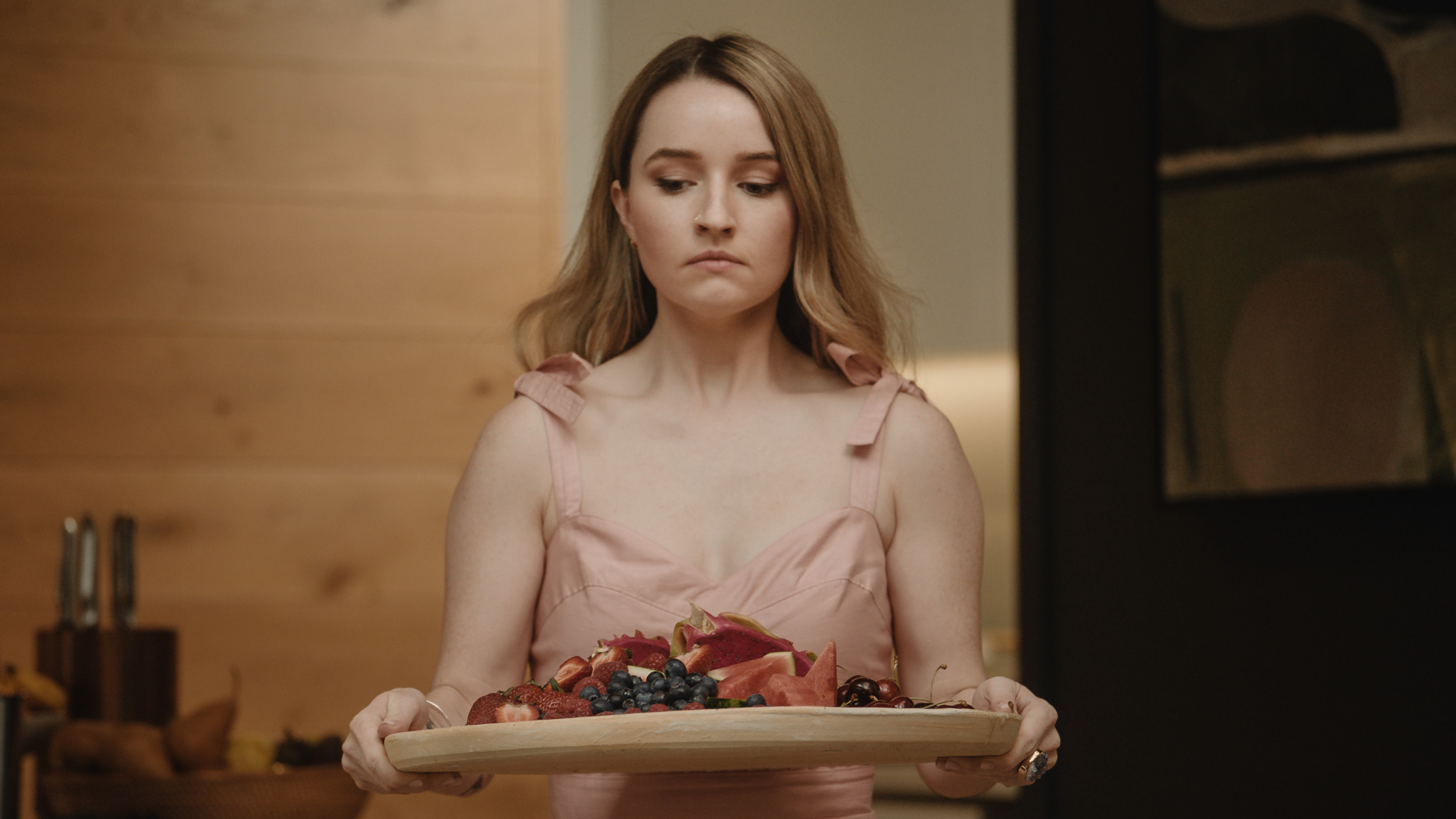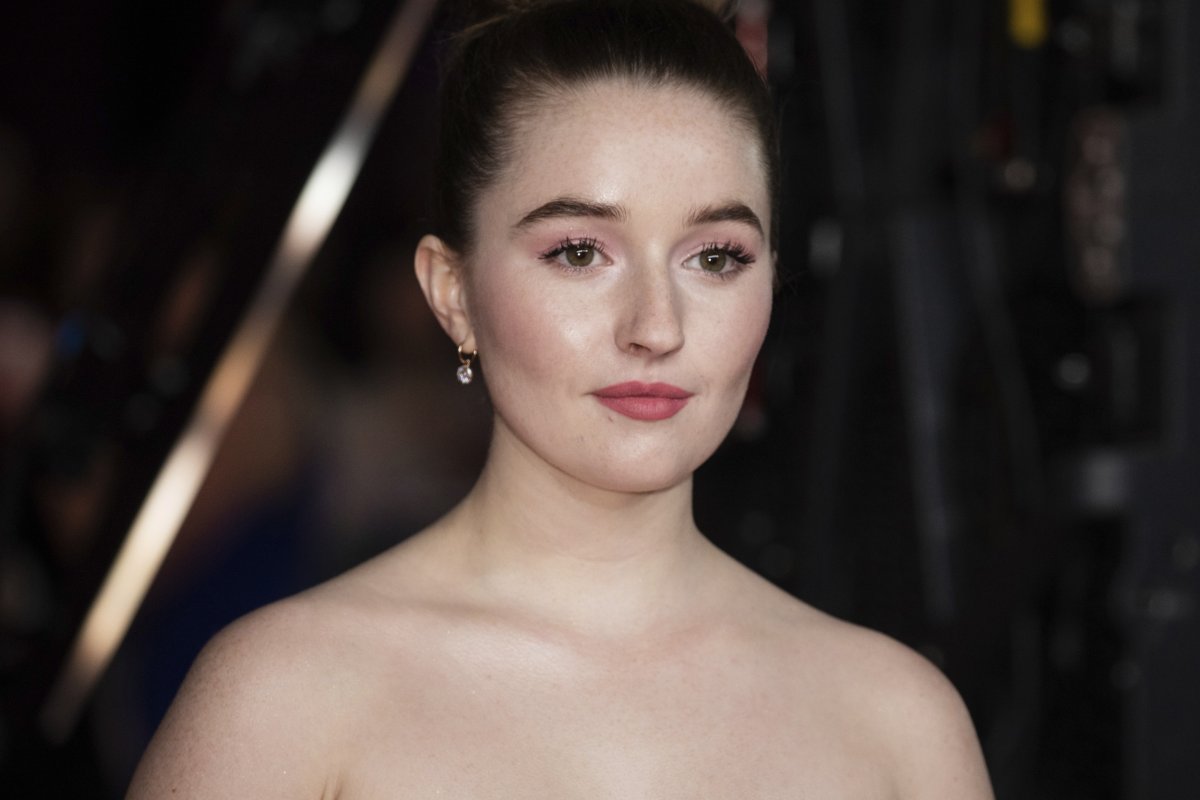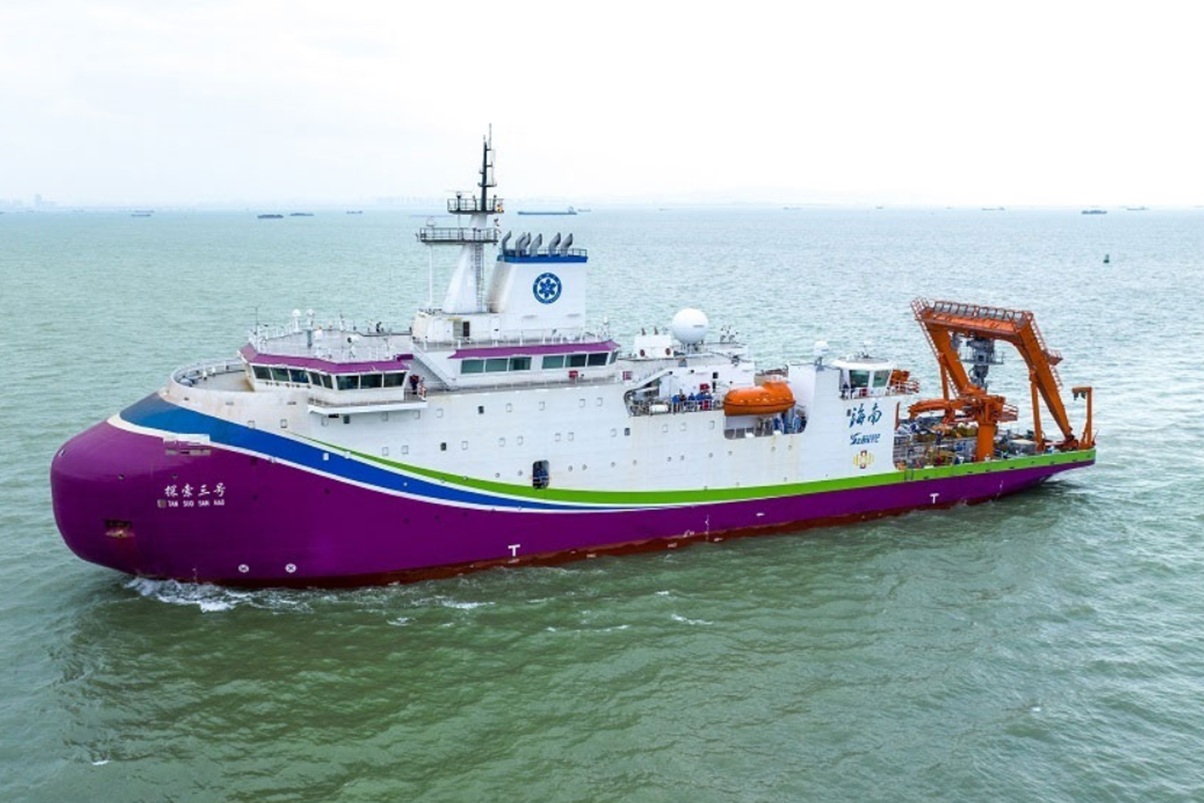
Netflix’s latest limited series, Apple Cider Vinegar, dramatizes the rise and fall of Belle Gibson, an Australian influencer who falsely claimed to have terminal brain cancer and built a wellness empire around her supposed recovery.
The show, starring Kaitlyn Dever as Gibson, explores the dangers of misinformation in the wellness industry and the impact of Gibson’s deception on those who followed her advice.
The six-episode series is a fictionalized account inspired by real events and based on the book The Woman Who Fooled the World by investigative journalists Beau Donelly and Nick Toscano.

Netflix
Netflix’s official site describes the series as a “true-ish story, based on a lie,” emphasizing that Gibson was not involved in the production and was not compensated for the project.
Gibson first gained prominence in the early 2010s through her social media presence, where she claimed to have cured herself of brain cancer using alternative therapies.
She amassed a large following and launched The Whole Pantry, a wellness app and cookbook.
However, in 2015, Donelly and Toscano uncovered that Gibson had never been diagnosed with cancer, and her claims of donating app proceeds to charities were false.
How has Belle Gibson Responded to Allegations?
In the wake of the Netflix series, Gibson remains largely out of the public eye. Now 33, she has no active social media presence and has not made any recent public statements addressing Apple Cider Vinegar.
In her 2015 interview with Australian Women’s Weekly, Gibson admitted: “None of it’s true. I don’t want forgiveness. I just think [speaking out] was the responsible thing to do.”
During a 60 Minutes Australia interview that same year, she claimed she had intended to reveal the truth on her own but was forced to do so when journalists exposed her deception.

Vianney Le Caer/Invision/AP
“Once I received the definite, ‘No, you do not have cancer,’ that was something I had to come to terms with and it was really traumatizing and I was feeling a huge amount of grief,” Gibson said.
Gibson was later found guilty in Australia’s Federal Court of misleading consumers about charitable donations and was fined AU$410,000 ($260,000). As of 2025, no reports confirm whether she has paid the fine.
The Netflix series explores the broader consequences of Gibson’s actions, particularly the impact on those who followed her advice and rejected traditional medical treatment.
“This story just couldn’t exist without showing someone like Lucy—she is the real-world consequences,” said Apple Cider Vinegar creator Samantha Strauss, referencing a character in the series who delays cancer treatment after being influenced by Gibson’s claims.
Despite the backlash, Gibson has previously defended herself, saying in 2015: “Above anything, I would like people to say, ‘Okay, she’s human. She’s obviously had a big life.’ She’s respectfully come to the table and said what she’s needed to say, and now it’s time for her to grow and heal.”
While Gibson remains silent about Apple Cider Vinegar, the series has reignited conversations about the dangers of misinformation in the wellness industry and the responsibility of influencers who promote unverified health claims.





